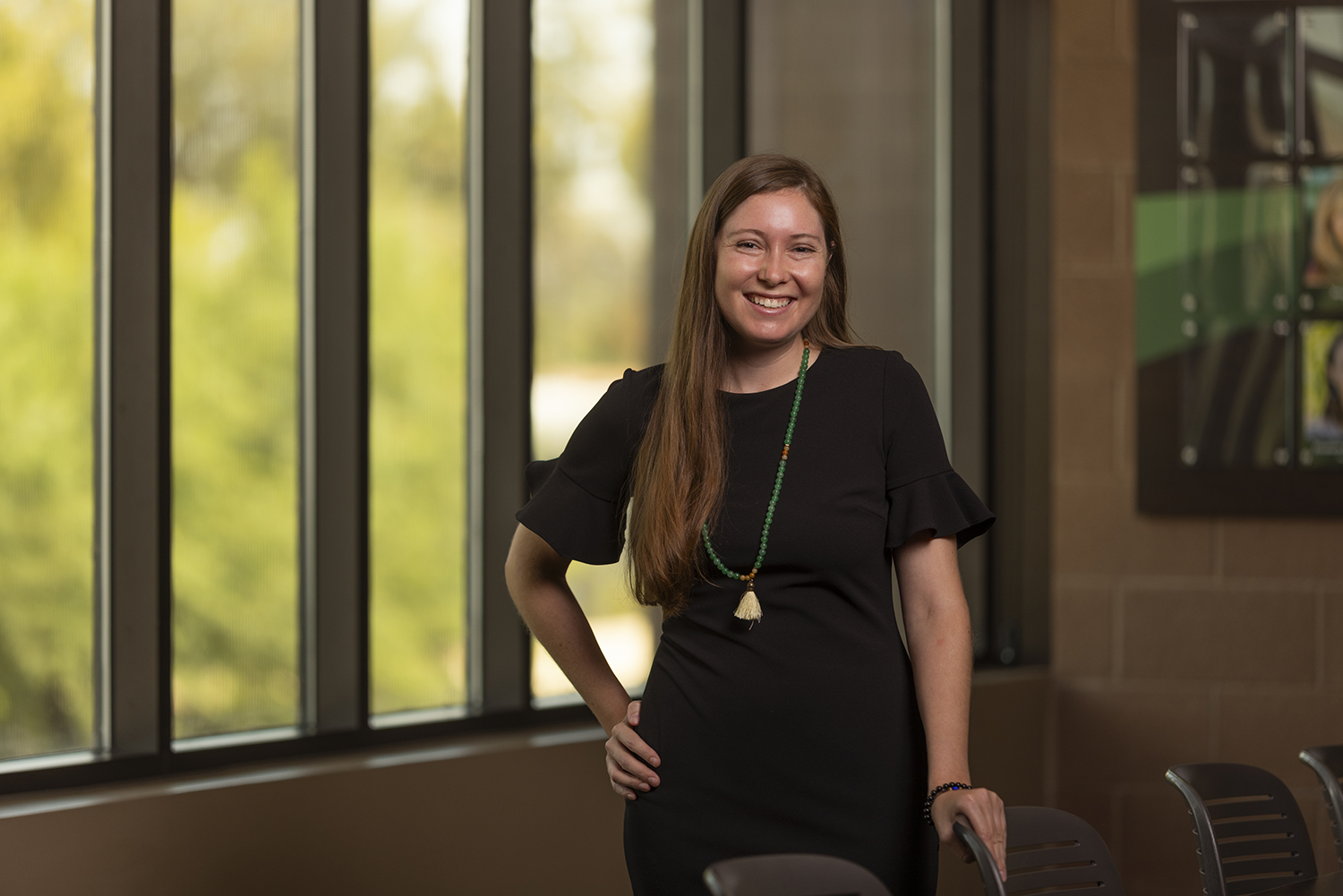We’re looking forward to introducing you to Dr. Lillea Hartwell. Check out our conversation below.
Hi Lillea, thank you so much for taking time out of your busy day to share your story, experiences and insights with our readers. Let’s jump right in with an interesting one: What are you chasing, and what would happen if you stopped?
A little more than 10 years ago, I watched an acceptance speech of an award ceremony from a famous actor whose films I quite enjoy. In his speech he spoke of how he chased himself in 10 years and the mountains that moved for him in his life. Since then, I’ve done just that, I’ve kept chasing myself in 10 years. I make decisions with a that kind of a timeline in mind. That framework changes the way I make decisions, allowing me to be more present while these decisions bloom for longevity, for continuance, and future proofing my life and business.
I don’t want to stop, I am doing it with intentionality and it astounds me the results that it brings into my life.
Can you briefly introduce yourself and share what makes you or your brand unique?
I am a general medicine practitioner that focuses on the treatment of autoimmunity, infectious disease and endocrine disorders. In Arizona, I am considered a primary care physician (PCP). I own and run a clinic called Saguaro Blossom Medical Center where I use the full range of naturopathic medicine, including botanical medicine, intravenous and intramuscular injectables, clinical nutrition, cupping as well as acupuncture. I also frequently utilize mind-body medicine techniques, lifestyle medicine, pharmaceuticals, homeopathy and many other modalities to support the healing process of my patients.
I didn’t always know I wanted to be a doctor but I strive to provide the care that I wish I had received when I was first diagnosed with an autoimmune condition more than 25 years ago. As an autoimmune warrior myself, I am unique in that I belong to the autoimmune demographic that I serve. In my clinical experience, I find that I catalyze the healing journey for my patients.
Okay, so here’s a deep one: Who taught you the most about work?
To be honest, I am still learning about work, what it means, what it gets to be, that resting can being doing the work so I can have the energy to keep showing up to facilitate healing for my patients throughout my career and teach my students. What work look liked for me 10 years ago, is very different from the work that I do now and how diverse the work I complete each day is. I am still formulating what work days and work weeks look like for me as a naturopathic doctor. Running my own practice allots me a certain amount of flexibility. Fundamentally the folks that taught me the most about work were my grandparents and parents. Having survived the Great Depression, I credit my paternal grandparents with some the the core values I hold regarding work today. As a child, I was taught to work hard, be reliable and be consistent in my work. As an adult, I implement those as core fundamentals in my work but I also schedule by fiscal quarters, with lighter loads in my practice during the times that my teaching load is heavier and vice versa. Having learned more about the physiology of the human body and hormonal cycles, I’ve also implemented systems in place to allow me to scale back some of my work as I go through cycles each month. When I was younger I worked through it and pushed myself but now I take conscious time to listen to my body and rest if needed.
What did suffering teach you that success never could?
I feel both success and suffering have taught me a lot yet its often about perspective. I once watched a movie where the main character referenced the number of times (historians estimate somewhere near 10,000 times) Thomas Edison tried and failed to create the commercial incandescent lightbulb for mass production. If I recall correctly, it came down to the filament. Ultimately, he “failed” many times before he was “successful”, technology that is still being perfected to this day. When asked about it, he saw those “failures” as experiments and learning opportunities. That is a perspective I work to incorporate in my life and business every day to keep persevering. If we didn’t have suffering, we wouldn’t be able to celebrate the successes in the same manner.
Alright, so if you are open to it, let’s explore some philosophical questions that touch on your values and worldview. What truths are so foundational in your life that you rarely articulate them?
I rarely articulate the truth of being authentic and present but its a component of every decision I make. My word is my bond. I don’t commit to things I don’t plan to follow through with. I uphold this integrity as the backbone of my being and expect it of others.
Before we go, we’d love to hear your thoughts on some longer-run, legacy type questions. When do you feel most at peace?
I feel most at peace whenever I can make it to a coniferous forest. There’s this concept called “Shinrin-yoku”, also known as “Forest bathing”. One study showed, forest gazing for 20 minutes compared to urban gazing for 20 minutes revealed a lower salivary cortisol. Cortisol is a key hormone our adrenal glands produce in response to stress. Shinrin-yoku is said to decrease cortisol, decrease blood pressure, decrease pulse, and increase heart rate variability. Essentially the physiology of the body decreases its release of stress-induced hormones when looking at natural landscapes!
Contact Info:
- Website: https://drlilleahartwell.com
- Instagram: @drlilleahartwell
- Linkedin: Dr. Lillea Hartwell
- Twitter: @drlilleahartwell
- Facebook: @drlilleahartwell
- Youtube: https://www.youtube.com/channel/UCmD1hxsVVZ3a8nW53oJG1ZQ
- Other: https://dr-lillea-hartwell-training.mykajabi.com/freebies
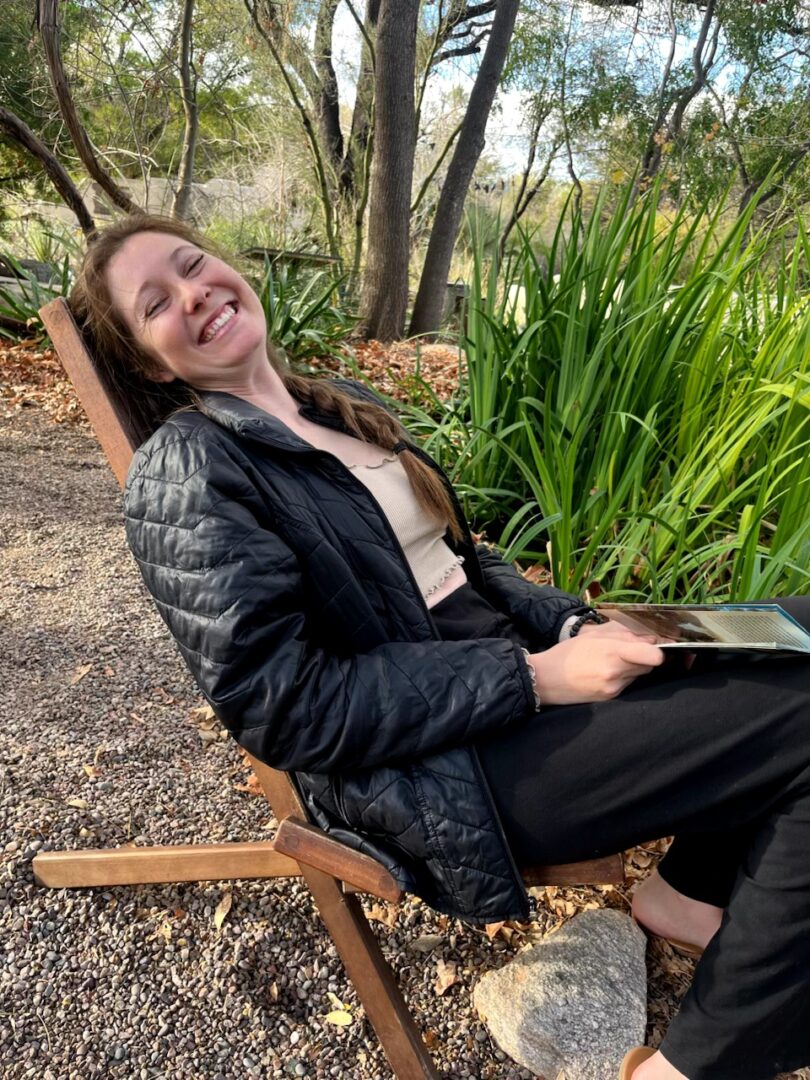
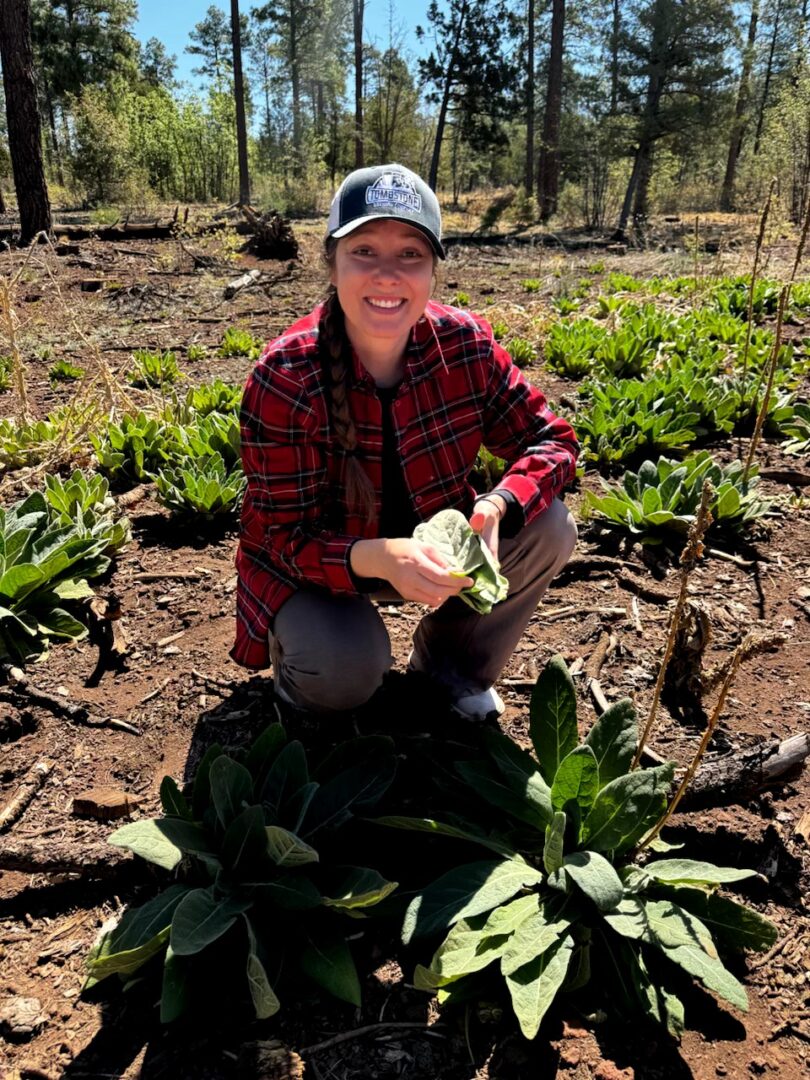
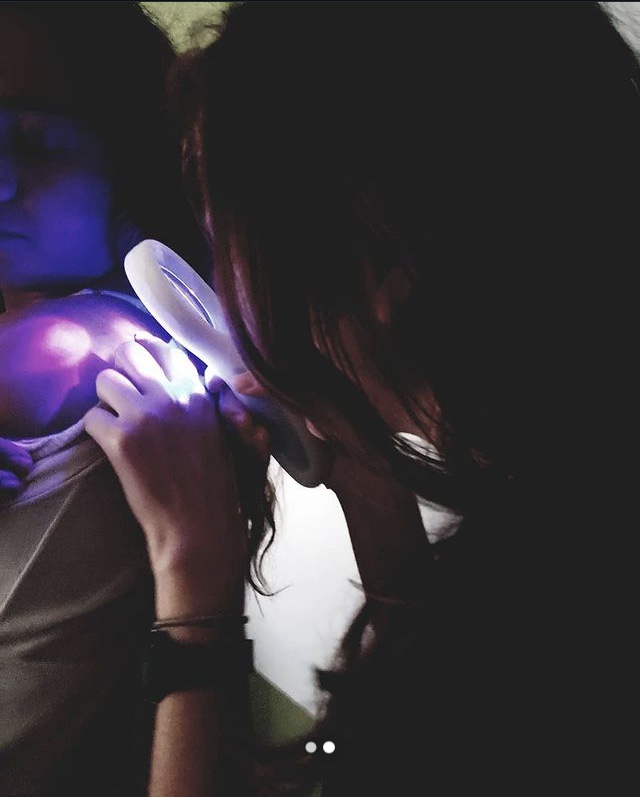
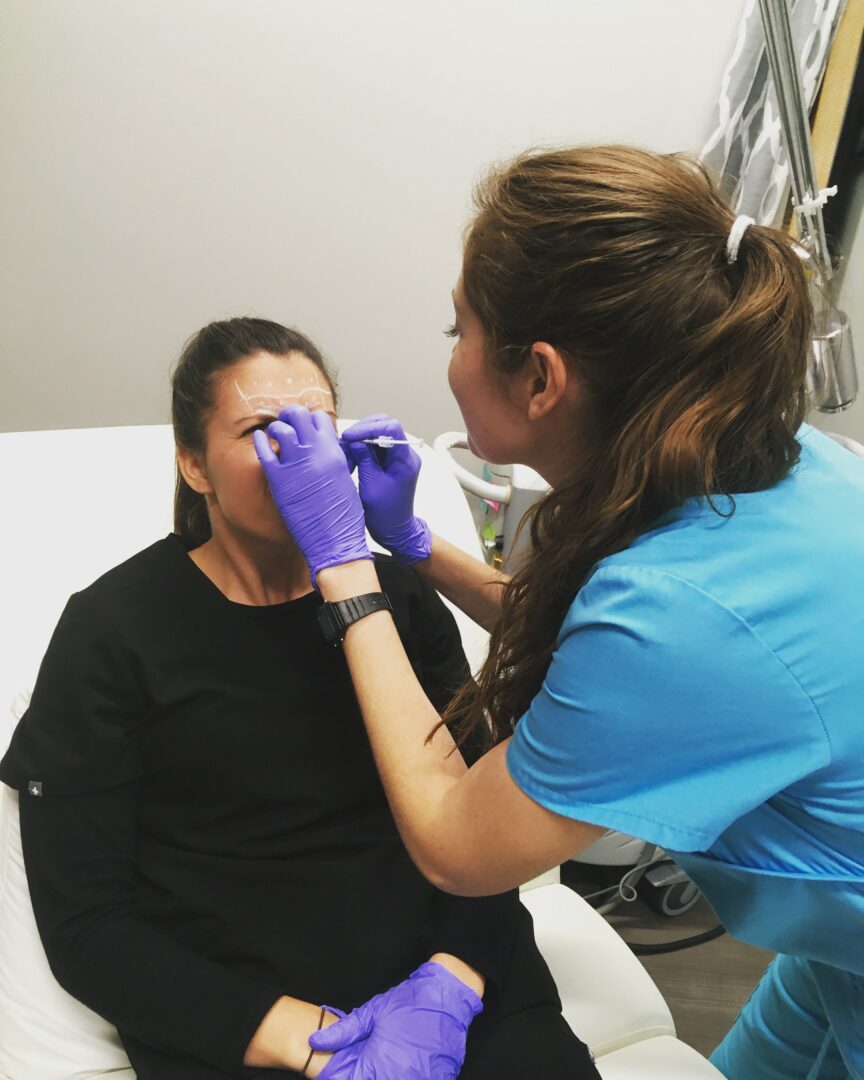
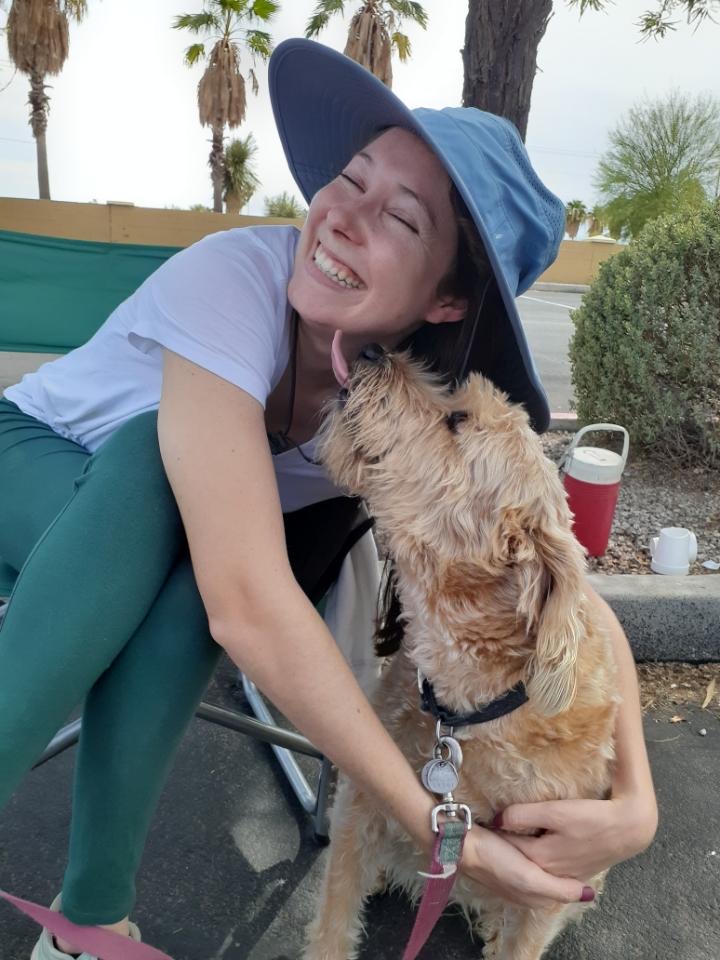
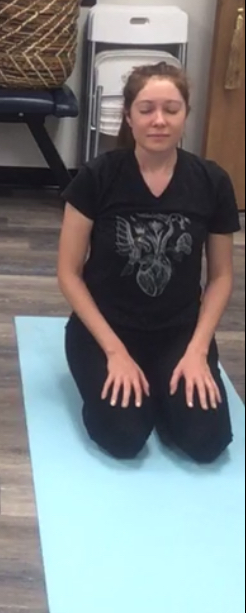

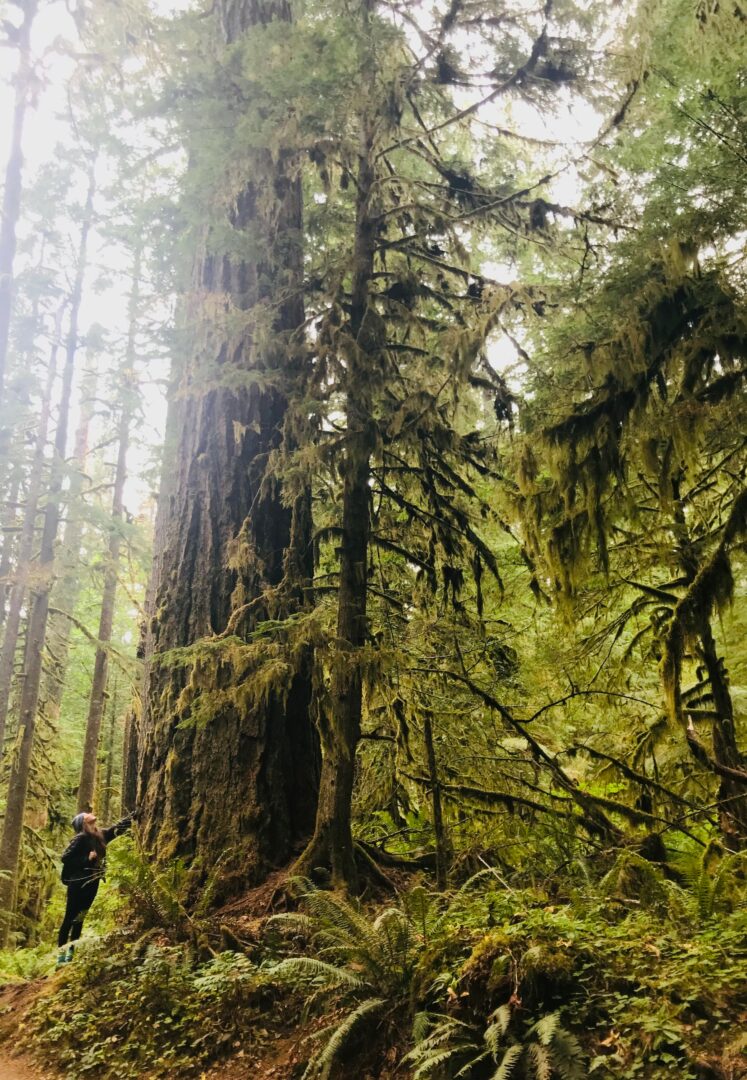
Image Credits
Image credits: Maya Maciel, Matthew Bryce Buchanan
so if you or someone you know deserves recognition please let us know here.

